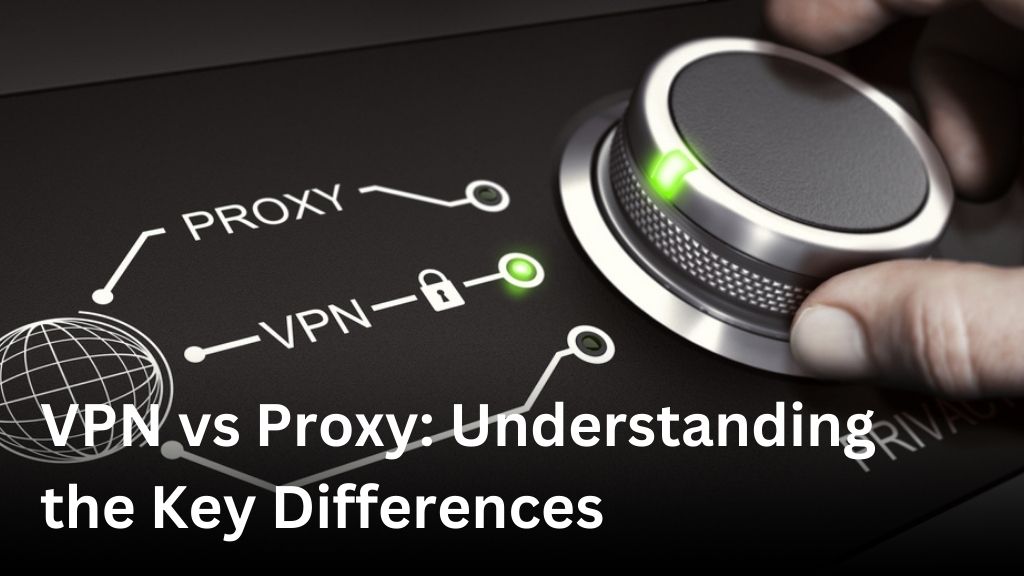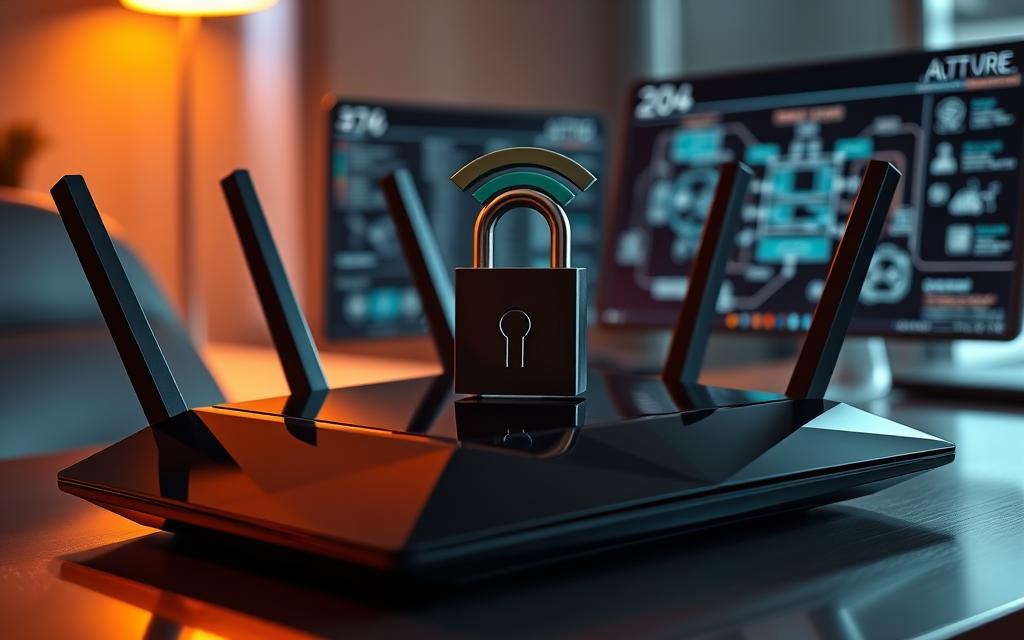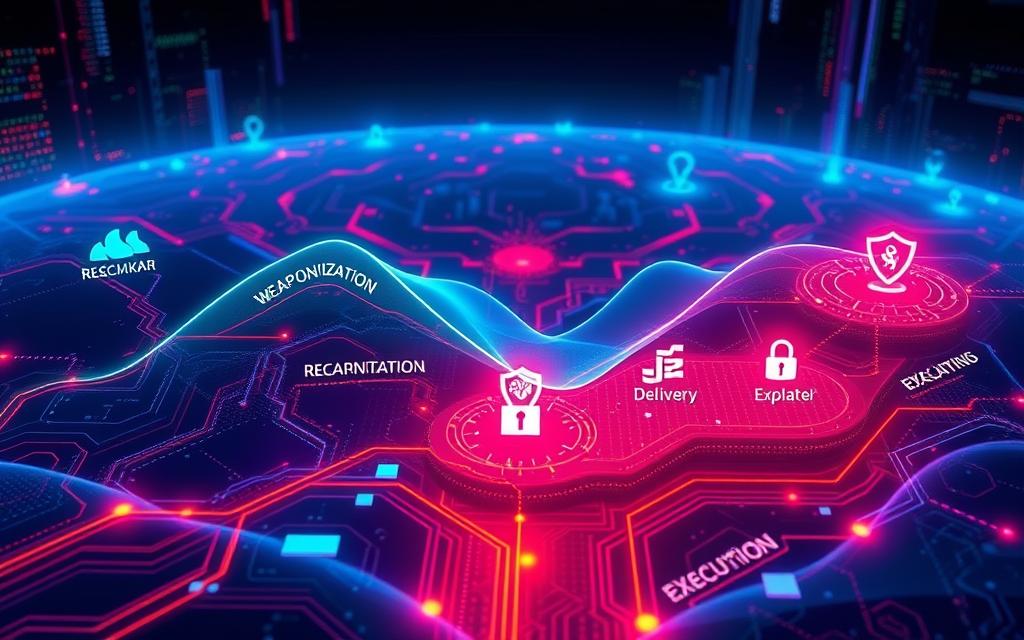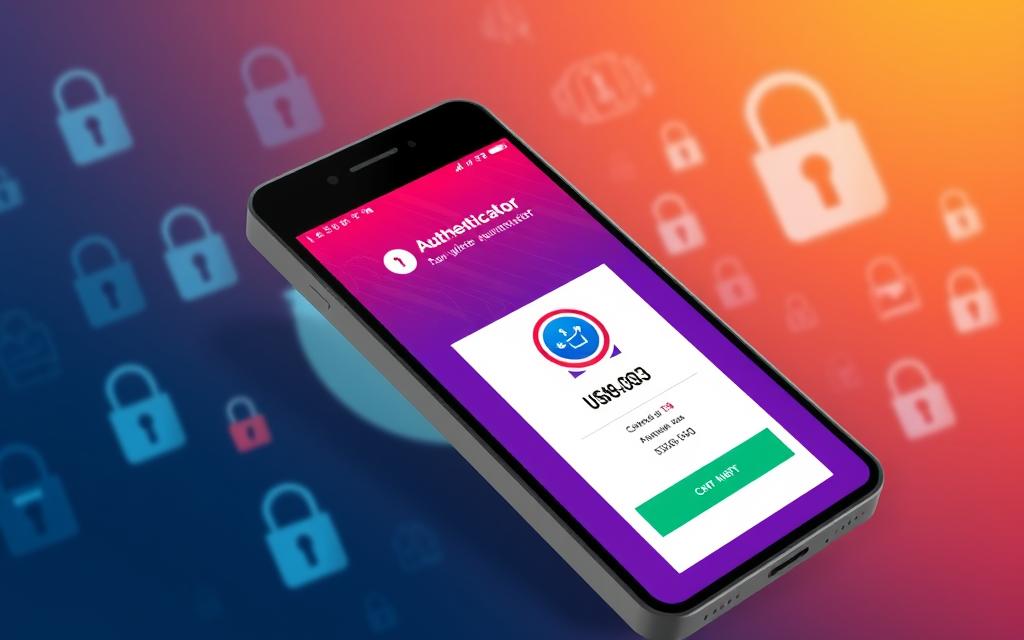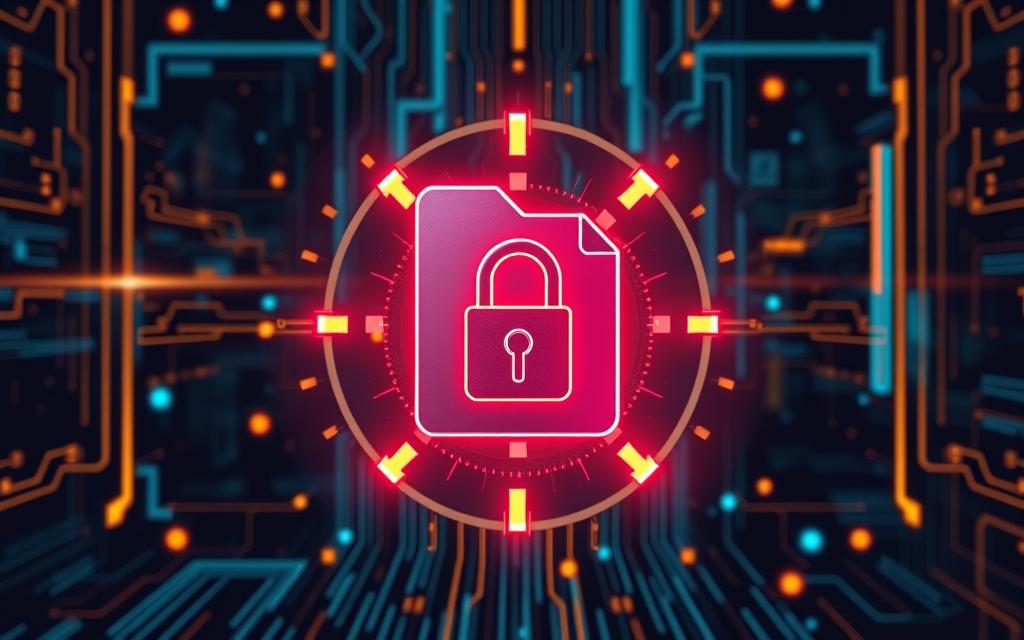When it comes to protecting your online privacy and security, two commonly used technologies come to mind: VPNs and proxies. While both serve the purpose of safeguarding your personal information, they work in different ways and offer varying levels of protection. In this article, we will explore the fundamental differences between VPNs and proxies, helping you make an informed decision on which one suits your needs better. So let’s dive in and understand the difference between VPN and Proxy. What is a VPN? A Virtual Private Network (VPN) is a security tool that creates a secure and private internet connection for users. It encrypts data traffic between your device and the internet, making it extremely difficult for anyone to intercept or access your online activities. By connecting to a VPN server, your internet traffic is routed through an encrypted tunnel, hiding your IP address and location from prying eyes. This enhanced privacy and anonymity provide protection from cyber threats and safeguard your sensitive information. A VPN not only protects your data and privacy but also allows you to bypass certain restrictions and access geo-blocked content. With a VPN, you can browse the internet securely and privately, even when connected to public Wi-Fi networks or in regions with internet censorship. Overall, a VPN is an essential tool for individuals looking to maintain their privacy, security, and freedom online. What is a Proxy? In the realm of internet privacy and security, proxies play an essential role as intermediaries between your device and the vast online world. While VPNs offer comprehensive protection, proxies boast their own set of functionalities and advantages. A proxy acts as a gateway for your internet connection, handling requests on your behalf and forwarding them to the desired destination. When you use a proxy server, it masks your IP address and allows you to browse the web anonymously. This can be particularly useful if you want to access region-restricted content or maintain privacy. However, when it comes to comparing proxies to VPNs, there are significant differences to consider. While a proxy only acts as a middleman for internet traffic, a VPN establishes a secure and encrypted connection between your device and the internet. This encryption ensures that your online activities remain private, shielding them from potential eavesdroppers. Furthermore, proxies generally do not provide the same level of encryption and security as VPNs. While they can hide your IP address, they may not encrypt the data being transmitted, leaving it vulnerable to interception. VPNs, on the other hand, utilize robust encryption protocols to safeguard your sensitive information. Additionally, VPNs often offer a wider range of server locations compared to proxies. This allows you to choose from a vast network of servers worldwide, offering greater flexibility and accessibility. Let’s take a closer look at the differences between VPNs and proxies: VPNs Proxies Primary Function Establish secure and encrypted connection between your device and the internet Act as intermediaries between your device and the internet Encryption Utilize strong encryption protocols to protect your data May not encrypt the transmitted data IP Masking Hides your IP address Hides your IP address Server Locations Offers a wide network of servers globally Limited server locations As evident from the table above, VPNs provide a more comprehensive and secure solution for protecting your online activities. However, proxies can still be useful in certain situations where their specific functionalities are advantageous. Now that we have established a clear understanding of proxies and their key differences from VPNs, we can further explore the areas of privacy, security, speed, and streaming capabilities in the subsequent sections. Privacy and Security Comparison When it comes to protecting your privacy and ensuring security while browsing the internet, both VPNs and proxies play a significant role. Let’s compare the privacy and security features offered by these two technologies and understand their capabilities. Encryption Capabilities A key aspect of both VPNs and proxies is their ability to encrypt your internet traffic. VPNs use strong encryption protocols, such as AES-256, to create a secure tunnel between your device and the websites you visit. This ensures that your online activities remain private and protected from potential eavesdroppers. On the other hand, proxies may or may not offer encryption. While some proxies can provide secure connections, many do not encrypt your data, leaving it vulnerable to interception. IP Masking Another crucial aspect of privacy is the ability to mask your IP address, which can reveal your location and identity. VPNs replace your IP address with one from their server network, making it difficult for websites or other entities to track your online activities back to you. Proxies, on the other hand, act as intermediaries between your device and the internet, but they don’t necessarily hide your IP address. Many proxies simply pass along your original IP address to the target websites, offering little protection in terms of anonymity. Protection of Personal Information VPNs excel in protecting your personal information by encrypting your data and hiding your IP address. This helps safeguard sensitive information like passwords, credit card details, and browsing history from potential hackers and identity thieves. While proxies can also provide some level of protection, they may not offer the same level of security as VPNs. Proxies often leave your personal information exposed, as they don’t encrypt your data or mask your IP address by default. Overall, if privacy and security are your primary concerns, a VPN is the better choice. VPNs offer robust encryption, IP masking, and comprehensive protection for your personal information. Proxies, on the other hand, may provide some functionality but lack the same level of privacy and security features. Speed and Performance Comparison In this section, we will examine the impact of VPNs and proxies on internet speed and performance. When considering which option to choose, it’s important to understand the factors that can affect the speed and efficiency of these services. Let’s explore some key considerations: Server Locations The geographical location of VPN and proxy servers plays a crucial role

